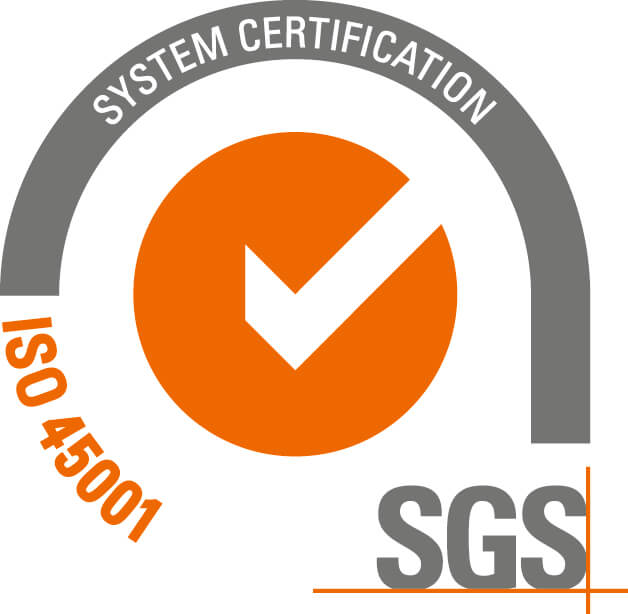Separate waste collection
Why separate waste?
Sustainable development requires waste management in line with the principles of environmental protection, social acceptability and efficiency. We may safely say that there is a general agreement that avoiding waste should be our primary action. The waste that is impossible to avoid should be reused whenever possible under balanced environmental and economic conditions. For this purpose, it is especially important to collect waste separately (by types) wherever waste is generated for a twofold reason:
Separate waste collection and recycling/recovery prevents waste from being landfilled, which leaves many useful components unused, because separately collected types of waste can easily be used as raw materials to make new products. This reduces the pollution of the environment, and in particular conserves energy. Also, separate collection and recycling/recovery of waste leads to other economic benefits, such as reduced import of secondary raw materials (such as glass, paper and metal), new jobs, lower landfilling costs, and so on.
The separate municipal waste collection system, as a system that is continually upgraded, comprises the following:
The exact size, type and colour of the recycling bins is defined for each container.
Separate collection of different types of waste reduces the amount of mixed municipal waste and protects the environment and people’s health.
Sustainable development requires waste management in line with the principles of environmental protection, social acceptability and efficiency. We may safely say that there is a general agreement that avoiding waste should be our primary action. The waste that is impossible to avoid should be reused whenever possible under balanced environmental and economic conditions. For this purpose, it is especially important to collect waste separately (by types) wherever waste is generated for a twofold reason:
- Separate reusable types of waste (paper, glass, cardboard, biowaste, plastic and so on) in order to recycle or recover them, and
- Separate hazardous waste (oil, batteries, medicines, chemicals and so on) in order to detoxify and recycle/recover.
Separate waste collection and recycling/recovery prevents waste from being landfilled, which leaves many useful components unused, because separately collected types of waste can easily be used as raw materials to make new products. This reduces the pollution of the environment, and in particular conserves energy. Also, separate collection and recycling/recovery of waste leads to other economic benefits, such as reduced import of secondary raw materials (such as glass, paper and metal), new jobs, lower landfilling costs, and so on.
The separate municipal waste collection system, as a system that is continually upgraded, comprises the following:
- Dedicated recycling bins set up in public traffic areas in addition to the bins for mixed municipal waste, and dedicated recycling bins for different types of waste at households;
- Recycling bins grouped into so-called “recycling islands” (groups of recycling bins for separate waste collection in public traffic areas);
- Recycling centres.
The exact size, type and colour of the recycling bins is defined for each container.
Separate collection of different types of waste reduces the amount of mixed municipal waste and protects the environment and people’s health.






